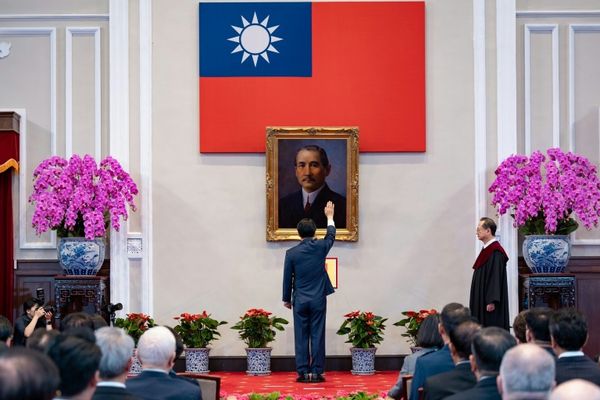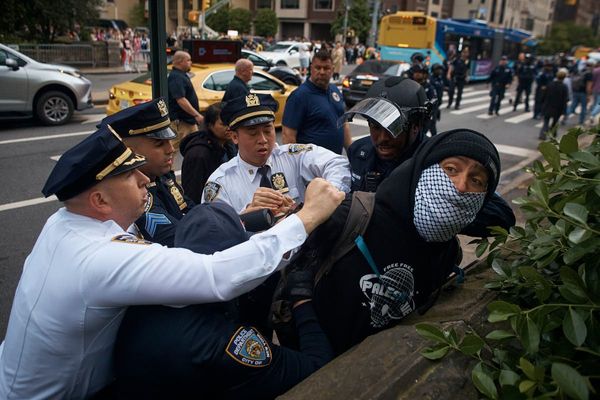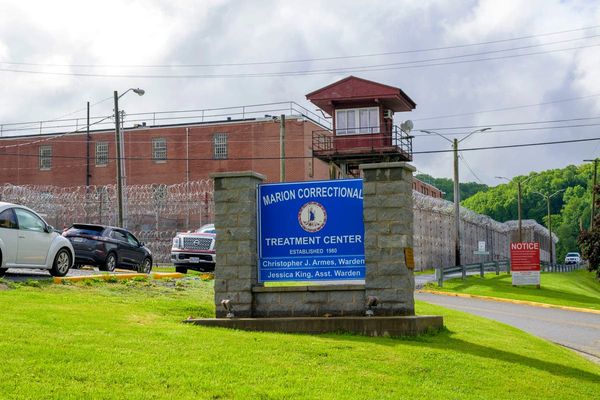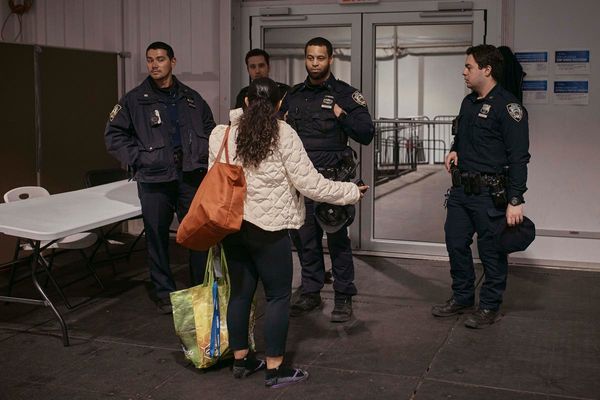
Croatia's ruling conservatives have initiated discussions about the formation of a new governing majority following a closely contested parliamentary election. Prime Minister Andrej Plenkovic, leader of the Croatian Democratic Union party (HDZ), revealed that talks have commenced with potential future partners, with further discussions scheduled for Thursday.
Initial election results indicated that Plenkovic's HDZ secured 61 seats in the 151-seat parliament, necessitating the formation of a coalition government to retain power. The center-left Social Democratic Party, supported by President Zoran Milanovic, obtained 42 seats, while the far-right Homeland Movement emerged as a potential kingmaker with 14 seats.
Plenkovic, if reappointed as prime minister, would serve his third consecutive term. He expressed optimism about the ongoing discussions, assuring the public that details regarding the new majority formation will be disclosed soon.










President Milanovic emphasized the importance of upholding the will of the Croatian people, noting that a 76-seat majority in parliament is required to lead the government. Talks among political stakeholders are underway to ensure alignment with the electorate's expressed preferences.
The election outcome holds significance not only for Croatia's domestic policies but also for the European Union's unity amidst the turmoil caused by Russia's invasion of Ukraine. A continuation of HDZ governance would likely maintain Croatia's pro-Western stance in supporting Ukraine, while a potential change in leadership could introduce a shift towards stronger pro-Russia influence.
Aside from the main political factions, the pro-religious Most party and the green-leftist Možemo group secured 11 seats each. Možemo advocates for a minority government focused on combating corruption within the country.
The far-right Homeland Movement, comprising radical nationalists who defected from HDZ, made significant gains in the election. The party, led by the mayor of Vukovar, a town heavily impacted by the 1991-95 war, has emerged as a key player in the post-election negotiations.
Croatia, an EU and NATO member since 2013, faces economic challenges such as high inflation, labor shortages, and increased migration. The election results are expected to shape the country's trajectory and its role within the broader European context.







